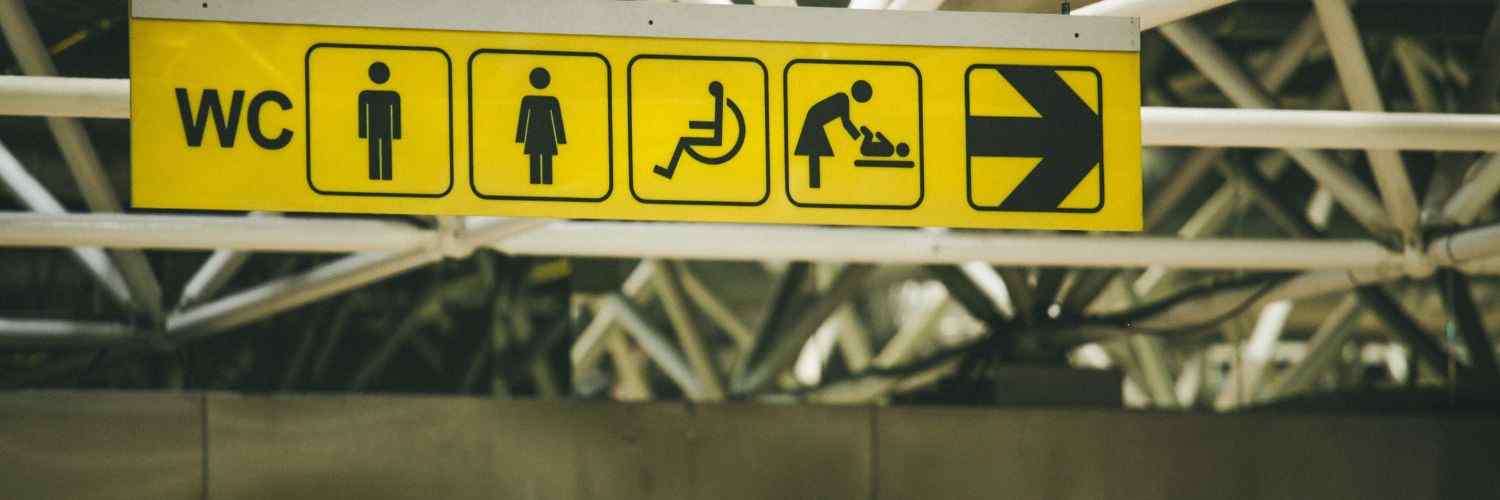How secure is the right of disabled person in Pakistan?

According to
Human Rights Watch, people with disabilities (PWDs) in Pakistan are estimated
to be 3.3 million to 27 million.
As a
developed nation, Pakistan has always tried to address the problems faced by
PWDs. In 1981, The Disabled Persons Employment and Rehabilitation Ordinance were
put into order with the intent to accommodate people with disabilities by
providing them with job quotas and giving them social and economic empowerment.
It was a significant step taken to secure the rights of persons with disabilities
in Pakistan.
In 2011,
Pakistan ratified the United Nations Convention on the Rights of Persons with
Disabilities. However, no dedicated legal framework enforced the rights of
disabled persons in the country until 2020. The ICT Rights of Persons with
Disability Act 2020 was finally approved, which provided a legal framework for
protecting the rights of persons with disabilities and ensuring their equal
access to opportunities and resources.
Challenges faced by persons with
disabilities
Unfortunately,
people with disabilities in Pakistan face many challenges and are often prone
to exploitation and mistreatment. It could be challenging for them to speak for
their rights, and they rely on human rights organizations and activists to
speak on their behalf.
Education and development
Challenges in
the educational and developmental stages of life, especially during the early
years of life to maturity, can significantly affect the mental health of PWDs.
Because of the negative mindset of people and social discrimination, the
emotional well-being of people with disabilities is affected, and they may
suffer from mental distress. A person with disabilities is also at higher risk
of abuse and violence; consequently, their mental development is compromised.
Due to
unhealthy development and lack of education, persons with disabilities rely on
their family members for financial support and often stay home. This may also
affect their mental health in many ways. Staying confined in their homes can
cut out opportunities for social interaction, further hindering their social
development.
Economic and Social
Although Pakistan has finally passed a law promoting the inclusivity of PWDs, they are often deprived of employment. Lack of job opportunities often leads to poverty, becoming a primary reason why disability and poverty are correlated in Pakistan. PWDs also have limited education, healthcare, social support, and justice access. It shows that implementing the rights of disabled persons to address the challenges of PWDs is not carried out effectively as expected.
Many people
with disabilities can be a productive and integral part of the country and may
even have more relevant skills than their peers. However, by being tagged as
“disabled,” their advantageous skills are mostly overlooked, and they are
deprived of job opportunities. PWDs, especially those in rural areas, are
majorly ostracized from society because they are often considered a concern for
family prestige due to stereotyping and the mentality of people.
What Pakistan can do to accommodate
persons with disabilities
There is specific
steps Pakistan can take to better support persons with disabilities and make
the country more accessible for them. Although many commendable measures have
been quoted by the 2020 Rights of Persons with Disability Act, they need to be
physically implemented.
Raising awareness
Considering
the social discrimination persons with disabilities face, raising awareness and
promoting the rights of disabled persons is the most crucial step the country
should take. PWDs should be included in mainstream media, and the government
and public bodies should provide opportunities for participation in various
social events, social media platforms, news channels, etc.
If people
with disabilities engage more with the community, the social barrier between
them and their peers could be eliminated. The government and responsible
organizations can educate the public on how to interact with people with
disabilities and encourage their inclusion in society.
Accessibility
Providing
accessibility is essential for making the country inclusive of PWDs. Easy
mobility access offers a sense of independence, integration, and inclusivity. It
will also have a positive impact on their mental and emotional well-being.
Providing
accessibility for PWDs is not a demanding process. Initiatives to ensure that
both governmental and public buildings have facilities for wheelchairs at their
entrances are an excellent opportunity to show consideration and inclusivity.
Commercial and residential buildings should have accessible entrances with ramps
and lifts allocated for PWDs.
The
government could provide public transport facilities for easy navigation of
PWDs. It is the right of a disabled person to use public facilities like
everyone else. Therefore, all civil facilities like public washrooms or building
entrances with step-free access should be adapted so PWDs can easily use them.
All public
and private schools should have facilities for PWDs. Teachers and staff at
school should be trained to assist PWDs better. Schools should have resources
for supporting PWDs and making classrooms and the environment more inclusive.
Moreover, the
government can also take steps to facilitate PWDs in crossing roads and
navigating by installing audio systems on traffic signals and buildings. Audio
traffic signals can assist visually impaired people in crossing streets.
Pavements could also have enough area for wheelchairs, and there should be curb
ramps at different places so individuals can easily move wheelchairs from road
to pavement.
It is time
that we, as a community and as a nation, a step towards raising awareness for the
rights of disabled persons in Pakistan. Every being deserves a life of equal
opportunities, dignity, and independence. Let us work towards building a
wholesome nation where we move forward together without leaving anyone behind.
NOWPDP is a leading organization in Pakistan committed to creating an
inclusive society for people with disabilities where they can access all the
opportunities and thrive towards a successful future. If you want to support
our cause, please donate to us here.
